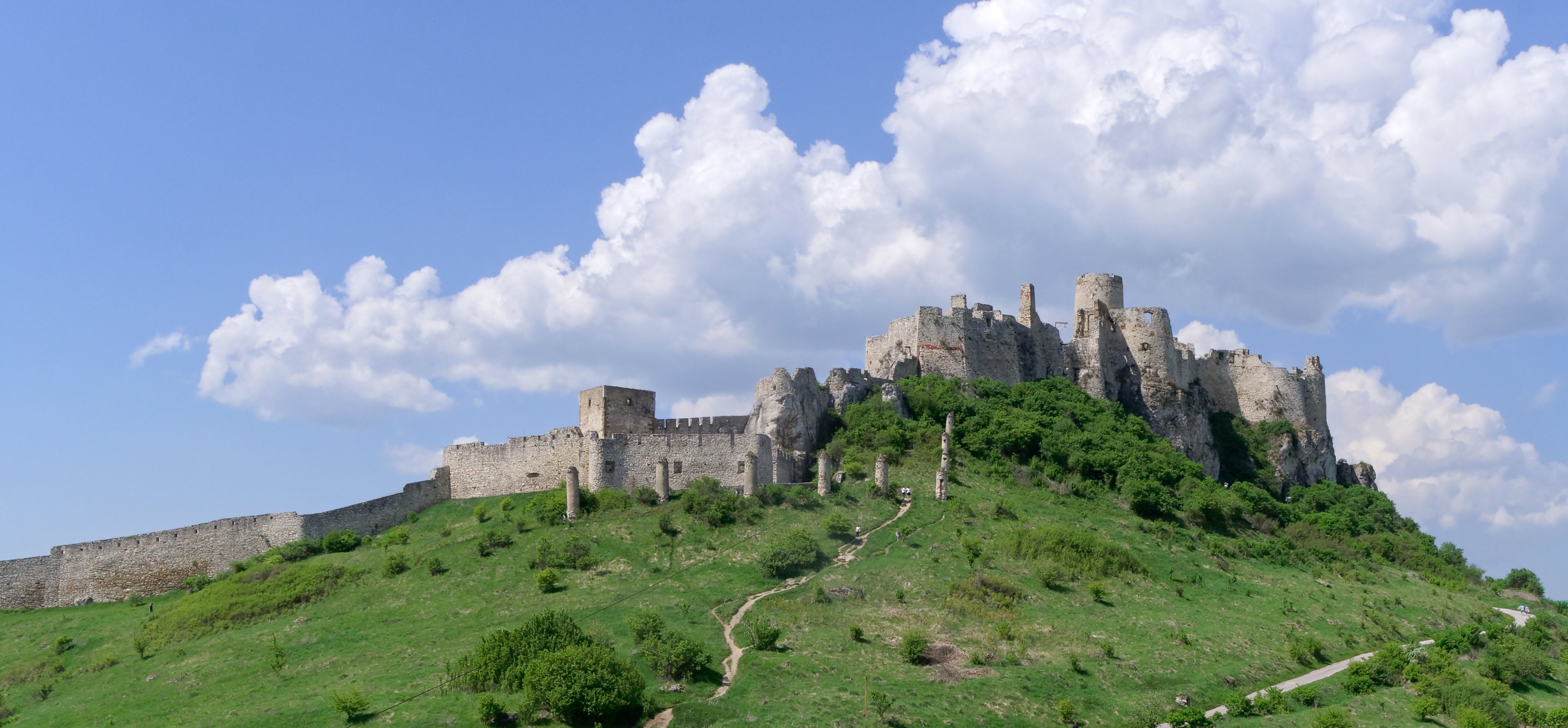🇸🇰map Slovakia [Overview]

Slovakia, known as Slovensko in Slovak, is a compact, landlocked country in Central Europe bordered by Austria, the Czech Republic, Poland, Ukraine, and Hungary. It sits where the Carpathian Mountains sweep into high alpine peaks and then descend toward the fertile Danube Basin. The country’s population is a little over five million, concentrated in cities like Bratislava and Košice, with countless small towns and mountain villages in between. River ports in Bratislava and Komárno connect Slovakia directly to the Danube’s trade and travel network, a reminder that even a landlocked nation can be surprisingly well linked to the world.
For newcomers, the first impression is often how varied the landscape is for such a small place: the High Tatras offer rugged hiking and skiing, while southern lowlands produce wine and stone fruit. Daily life feels distinctly Central European yet calm and personable—think café terraces, efficient public transit, and tidy historic squares. Many Hungarians in southern regions are bilingual and maintain their language and traditions alongside Slovak neighbors, a long-standing feature of local life. The rhythm of the year follows four crisp seasons, with winter sports, spring festivals, summer wine events, and colorful autumn markets.
Economy
Slovakia’s workforce is known for strong technical skills, and many people are employed in industry and services. Automotive and related manufacturing anchor the industrial base, complemented by electronics, machinery, and a growing network of suppliers. Agriculture remains present in the lowlands—grains, fruit, and vineyards—while forestry and hydropower draw on the country’s mountain terrain and rivers. You’ll also find a steady expansion of business services, IT support, and shared-service centers that tap multilingual talent.
Natural resources include timber, arable land, and water for energy and transport, and the Danube corridor supports logistics through river ports. Slovakia uses the euro, which simplifies cross-border business and daily life for travelers and digital nomads. The country is firmly integrated into European and transatlantic structures as a member of the European Union, the Schengen Area, and NATO, and it participates in regional supply chains that link Central Europe with wider markets. For professionals, this translates into straightforward mobility, predictable regulations, and an ecosystem that favors medium-sized tech and industrial operations.
Culture
Slovak is the dominant language and the basis of public life, but you will also hear Hungarian in the south and plenty of English and German in business, hospitality, and the startup scene. The largest ethnic group is Slovak, with recognized Hungarian, Roma, and other minorities contributing to regional character and cuisine. Slovaks trace their roots to early West Slavic communities shaped by Great Moravia, later centuries within the Kingdom of Hungary, and then Czechoslovakia—before becoming an independent republic at the close of the 20th century. This layered past shows up in architecture, folk craft, and a certain practical, modest humor.
Interests run from mountain sports and cycling to folk festivals, choral music, and weekend trips to hot springs. Food culture blends hearty mountain fare with Central European classics—soups, roasted meats, sausages—and beloved specialties like bryndzové halušky made with tangy sheep cheese. Religious life is traditionally Christian, with Roman Catholic communities most visible alongside Protestant and other denominations, and a secular outlook is common in the cities. Public holidays include New Year’s Day, Easter, Labor Day on 1 May, Constitution Day on 1 September, and Christmas festivities that stretch from Christmas Eve through Boxing Day. Throughout the year, village fairs, wine harvest celebrations, and folklore festivals bring people into the streets with music, costume, and generous tables.
Franz
Franz is a German technical writer and business consultant from Munich, with over 15 years of experience
in international corporate relocations and German business culture. Having worked for major German
multinational corporations including BMW and Siemens, Franz has extensive experience facilitating the
relocation of international talent to Germany and helping German professionals navigate complex assignments
abroad.
Published: 2025-04-13